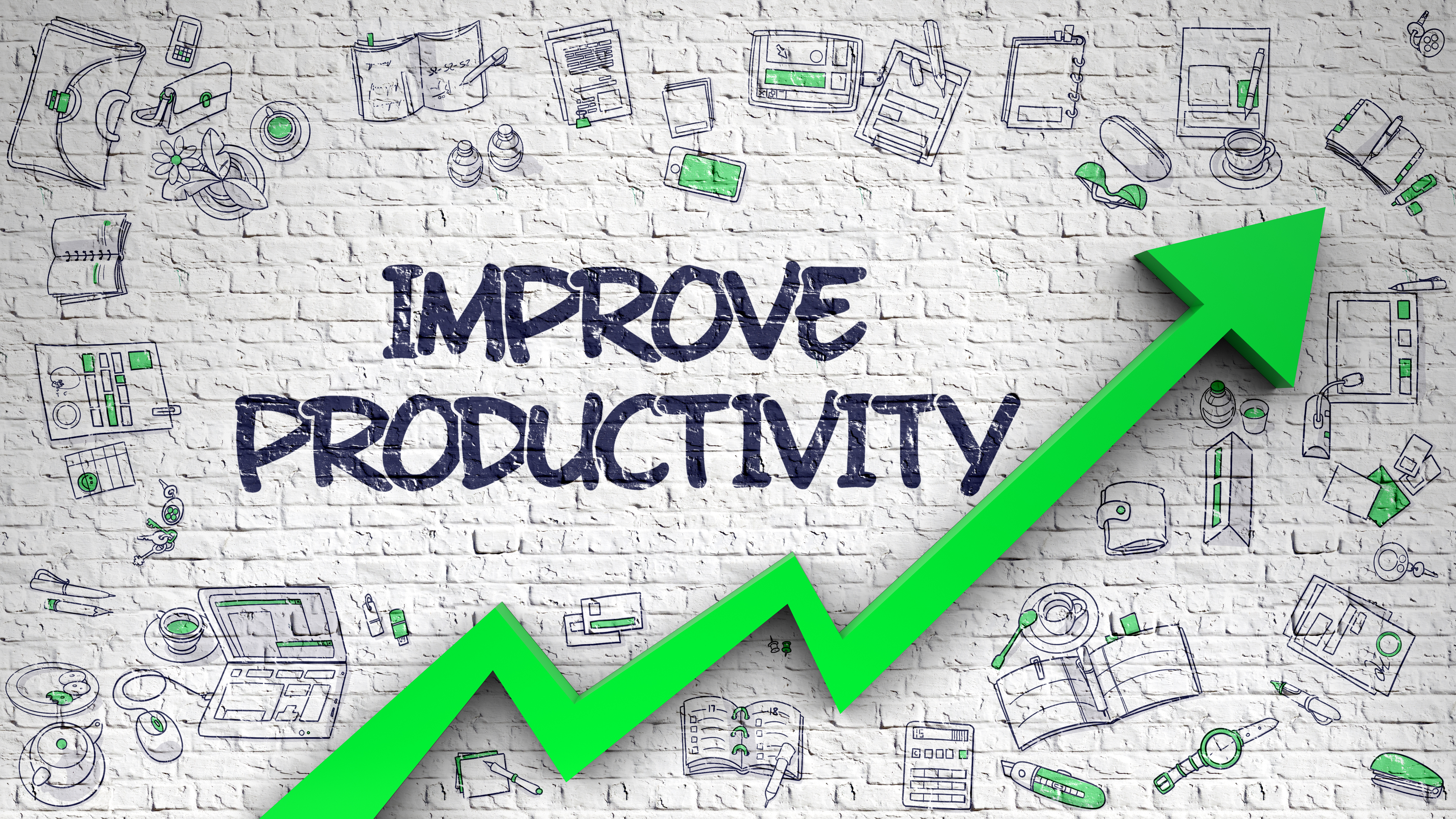With the boom of the internet and the development of technology in the last decade, the nature of work has changed. Tasks can be accomplished at faster speeds and feedback can be given almost instantaneously, creating a more fast-paced environment. Even with these changes, though, the need to prioritize productivity in the office remains.
An employee will waste an average of 2.09 hours daily on non-work-related activities. From that number, you stand to lose over a full day of work every week. Taking steps to improve your performance will be a better use of your time, minimizing the stress and frustration that comes with the job.
Here are some ways to boost productivity in the office and help you keep up with the demands of your work:

- Plot your schedule
It can be overwhelming to tackle your day’s tasks without rhyme or reason. Take some time at the start of the day to organize your tasks in order of urgency and importance. This helps ground your work with a realistic set of goals.
Depending on your style, you can complete smaller and simpler tasks first to get you started and build momentum up for the larger, more complicated tasks. You can also opt to finish your work based on deadlines (whether set by yourself or by others), or by eliminating big-ticket items before sweating the small stuff.
- Break up tasks into smaller units
Have you ever dreaded to complete a job because of how massive it is? Are you at a loss for where to begin? The key here is to make molehills out of mountains and turn one big task into a series of smaller, more manageable tasks.
With this, you can easily identify what needs to be worked on and which ones to finish first. This may even help you get through the task quicker while giving you a better grasp of your progress.
- Focus on one task at a time
While multitasking seems like a good idea on paper—especially when it’s made easier by technology—you may be only slowing yourself down. After all, starting new tasks while still working on others will leave you with works-in-progress and nothing really completed.
Instead, it’s better to stick to one task and see it through before moving onto the next. You may need to multitask in some occasions, but don’t let this be the norm.
- Declutter your workspace
An untidy desk can hamper your productivity and even be a source of distractions. Make a habit of regularly decluttering your physical and digital workspace, be it before clocking out of work or after arriving at the office.
For your desk: dispose of any trash, store any unnecessary things, and organize your essentials. Make use of practical storage solutions—folders, holders, drawers, and the like—to keep your files and belongings in order.
For your digital workspace: create an organized filing system, down to the folder and file names. This will help you keep track of your work easier and cut down on time spent looking for specific files or items. Delete any irrelevant or non-work-related files, as well, to keep your data neat and distraction-free.
- Limit social media use
While older members of the workplace may not feel the same way, curbing social media use is key to keep millennials and Gen Z productive in the office. Unless your job involves interacting with clients on social media platforms or managing social media content, log off from your accounts during work hours.
If you can’t avoid the urge to check your DMs or update your feed, do so only during breaks.
- Avoid any distractions
Aside from the temptation of Facebook or Twitter, simple things like surfing the web or even checking your email can slow your pace at work. There is a slew of self-productivity apps and tools to block unnecessary browsing activity and mute notifications for a given amount of time.
It’s also recommended to communicate with your colleagues and teammates regarding your workload. This allows for better collaboration efforts, as you can negotiate your time without compromising the quality of your work for both group and individual tasks. Plus, you get to minimize the number of interruptions to your workflow.
- Take regular breaks
It may seem counterintuitive to take breaks when you’re chasing deadlines, but overworking can make you more frustrated and unable to focus.
Consider trying productivity strategies like the Pomodoro technique, where short bursts of work (usually intervals of 25 minutes) are broken up by 5-minute mandatory breaks. Segmenting your work periods with scheduled breaks can help you clear your mind and improve your concentration.
If you work indoors, taking a walk outside may help with decompressing and getting your mind refreshed.
- Cut down on noise
Your workplace environment can affect your productivity. An open-layout office or a high collaboration culture can mean background noise threatening to throw you off from your day-to-day work.
The best way to reduce interruptions is a good pair of earphones or headphones to help filter out distracting sounds. You can opt to play white noise, classical music, or any music that keeps you focused on your work and won’t be a distraction in itself.
- Get enough rest
You can try all the productivity strategies and tips in the book, but they’re probably not going to work if you’re operating under less than ideal conditions. Lack of sleep can drastically affect your concentration and hamper your output at the office.
If you’re having trouble sleeping due to stress or restless thoughts, keeping a journal may help you sort through your feelings and let your mind calm down before bed.
Wrapping It Up
It’s normal to have a day or two where you’re stuck or a little slow with finishing deliverables, but lagging behind more than usual should be a wake-up call. Making the necessary changes to improve productivity can pay off greatly—getting your work done on time, if not quicker, can show your commitment to the job and open up opportunities for career growth.











